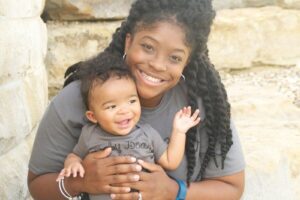I’ve always known I wanted to be a mother; I just assumed it would come to me as a single parent through artificial insemination.
Though I have no qualms with , the desire to pass on my own genes has always been present. I feel fortunate to have inherited many of my parents’ characteristics, talents, and passions, [and felt like] it would be a blessing to pass on my penchant for creativity, compassion, and ambition.
Prior to meeting my wife Starlyn, I’d settled on the idea that my dream of parenthood would have to be carried out alone. From what I’d seen in the LGBT—Lesbian, Gay, Bisexual, and Transgender—community, most couples had blended families, including children from prior relationships.
That never felt desirable to me—it can be difficult starting a book at the halfway point and getting caught up on the pages you’ve missed. My ideal situation was one where each partner carries, both committing to the entire process of conception, birth, and raising children.
My assumptions became just that when my wife gave birth to our daughters Phoenix and Lotus. The definition of mother is ever-evolving for me, but presently it’s a woman who is self-sacrificing, and who gives when she has nothing left. Motherhood is about learning, and everything you ever thought was true gets thrown out the window. You’ll have to find the place in the middle between theory and practice and go with the ebbs and flow of life.

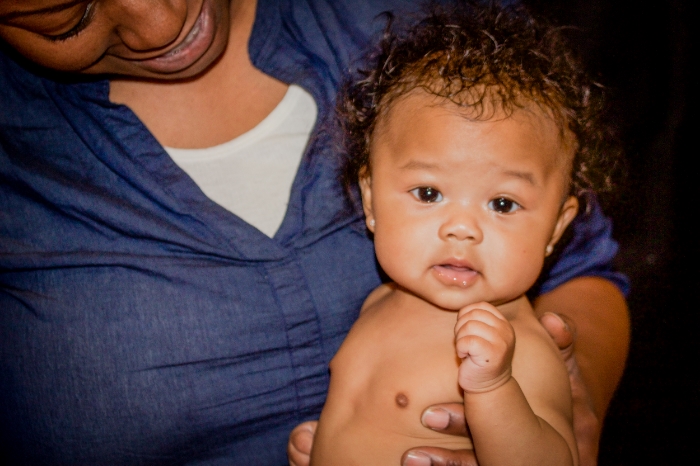

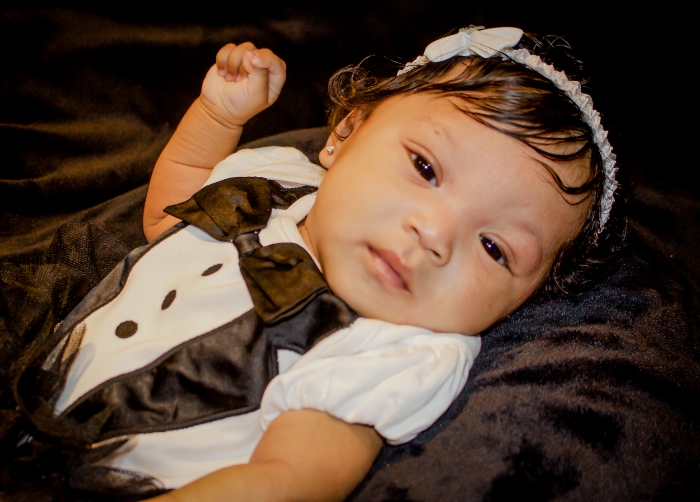

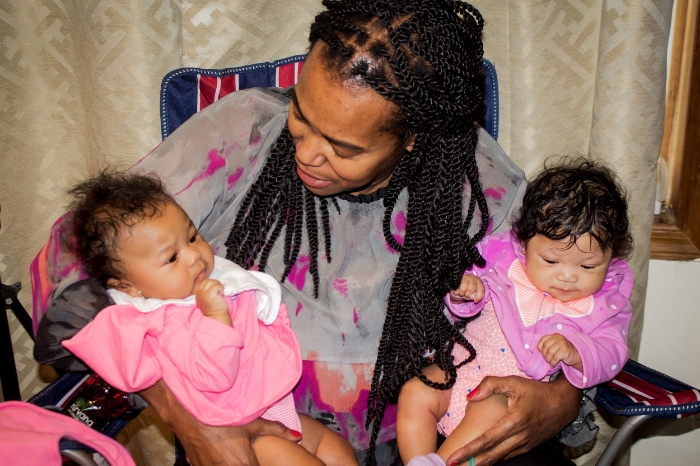


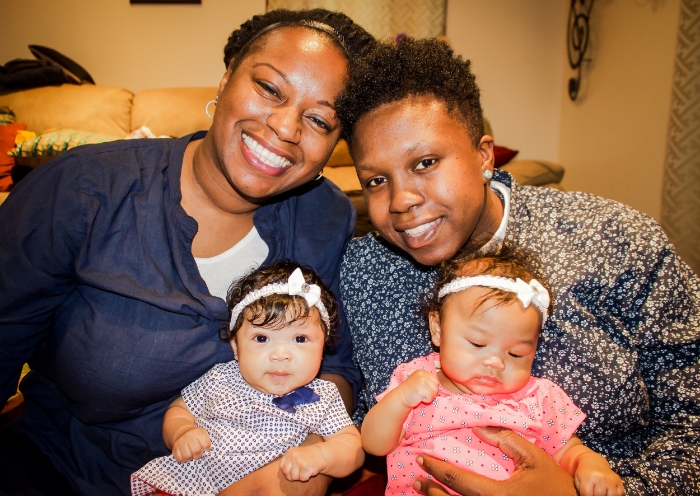
While never wavering in their support, our families weren’t completely sure how to view our roles as parents. In addition, because we are lesbians, they weren’t sure how to identify themselves in the twins’ lives. They often asked, “So what does that make me?”
I’d tell them what would it make you if I had physically given birth to them? And when they answered, “aunt” or “grandma,” I’d reply, “Then that is what it makes you now.”
Though people may not grasp that I’m no less mom because my DNA isn’t present, I don’t want them to miss the bigger picture; that our family is a reflection of our love, just as any other “conventional” family. I can’t force anyone to understand our dynamics but I do look forward to the chance to carry our next child or children and contribute to their DNA.
The questions of those dynamics also come in the form of unwanted attention when out in public. We’re a Black lesbian couple and our daughters are half Korean; having such an unconventional family can attract a barrage of questions and unwarranted judgment.
Everything that we are speaks to who we are and simultaneously triggers curiosity. I found myself allowing outsiders to make me feel self-conscious at times and unable to answer questions like “Well, who’s the REAL mom?” or “Are you the baby’s father?” with grace. It left me feeling ill-prepared to face the constant necessity to school the outside world.
I think, at times, personal beliefs have affected the acceptance and understanding that our family is no different than a heterosexual family; we’re both loving parents to our children, and equal partners in this journey. The concept seems so simple: A couple marries and has children, those children are THEIRS. No one parent is any more real than the other. In our case, we’re both women, so we’re both mothers.
Now, 4.5 months into motherhood, I’ve realized we will draw attention and assumptions many places we go. I’m a bit more sure-footed, but still somewhat apprehensive when approached. Though I am very aware and certain of where I stand in our dynamic, I’m never sure what questions people may have, or if I’m equipped to answer them politically correctly. Of course “none of your business” is tempting, but how would the ignorance be resolved?
We never set out to be posterboard lesbians, nor did I expect to inadvertently become an educator of sorts. I just want the basic understanding that my wife and I are devoted to each other and we’re committed to giving our children the best, just as any other loving parents.
You can find photographer Juaquadah Cox’s work on her website.
















